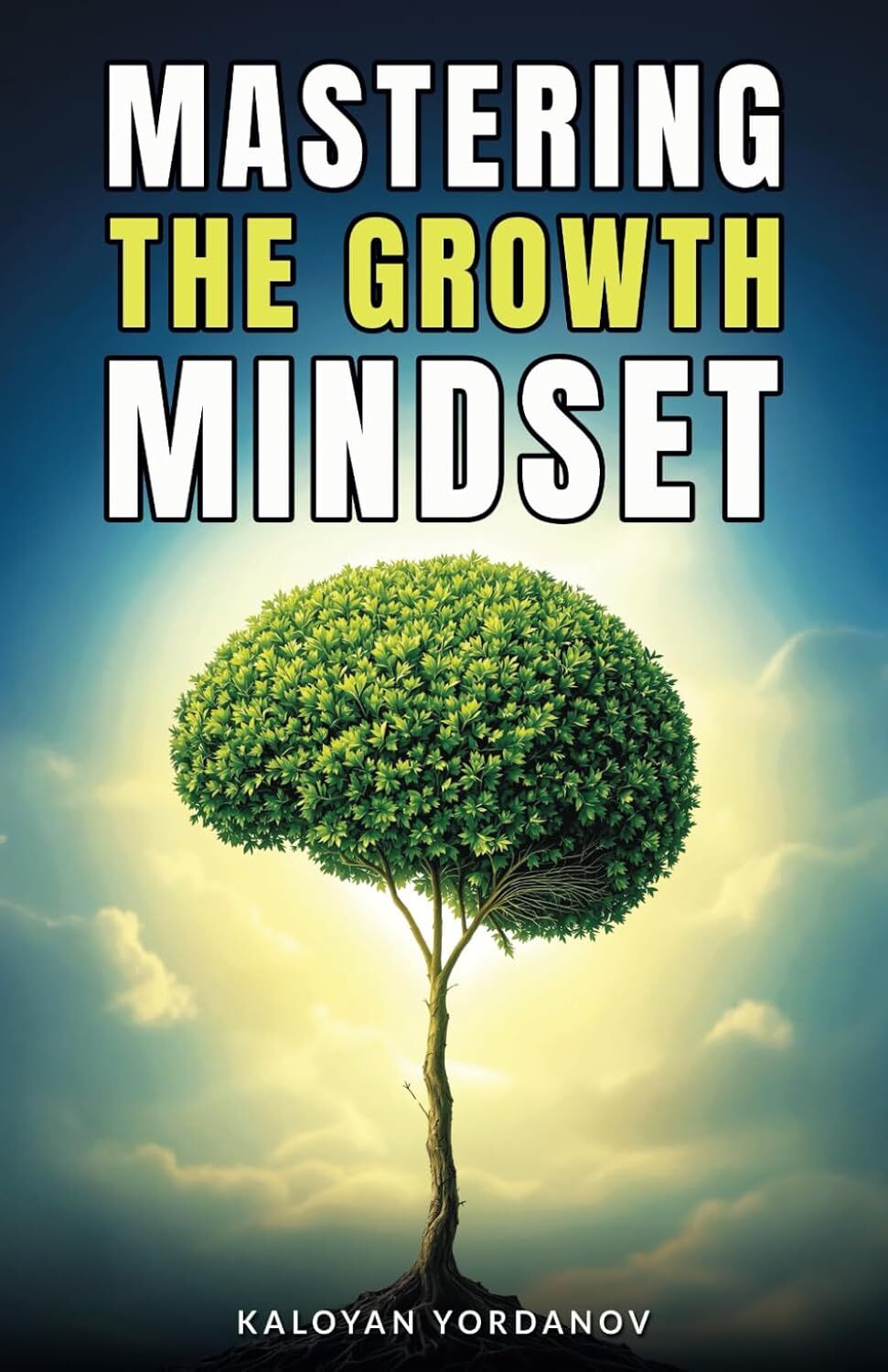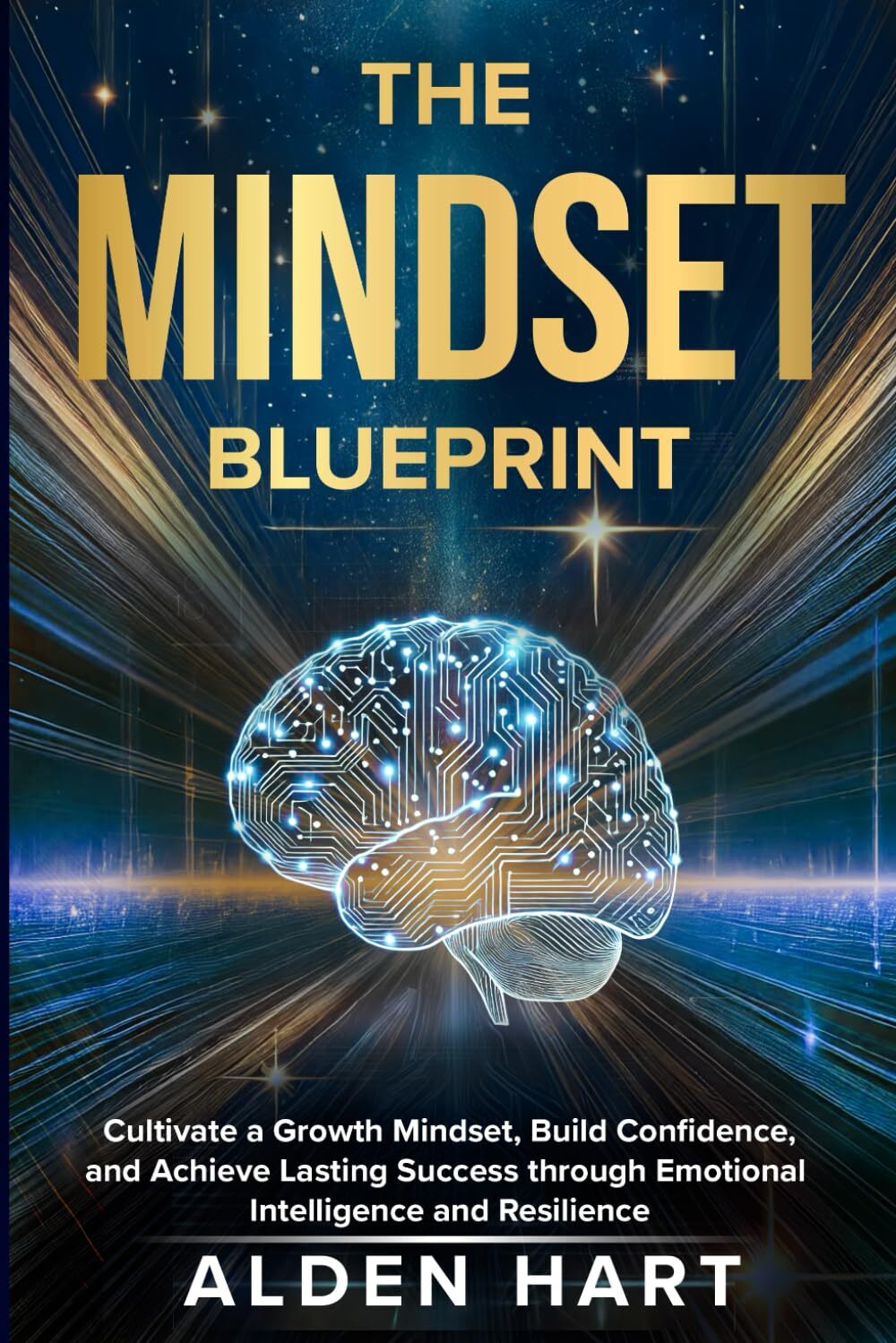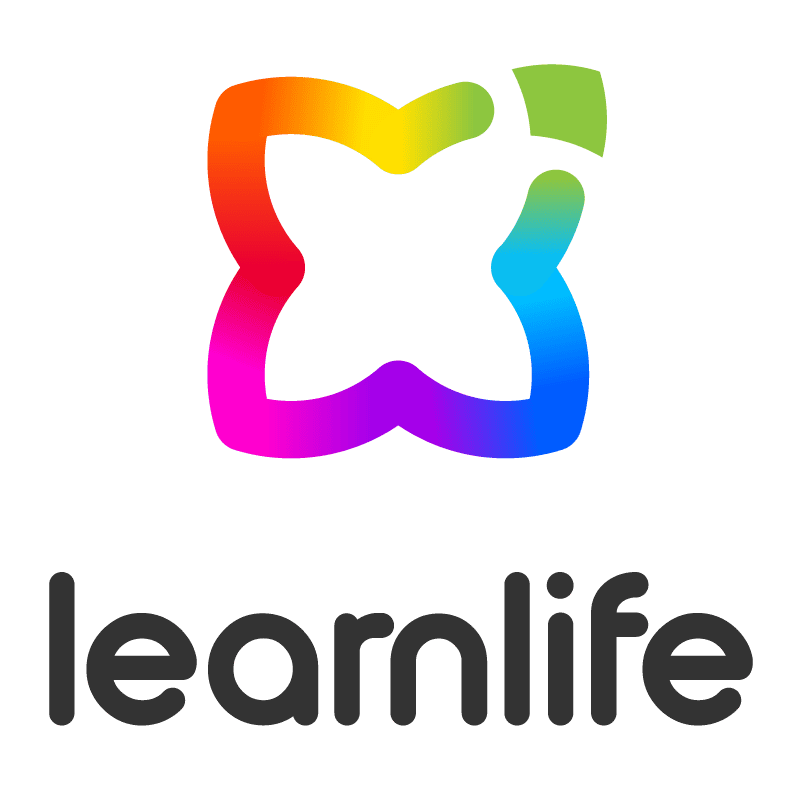Growth Mindset
Embracing Adversity as Opportunities for Improvement

Introduction
Growth Mindset is the belief that setbacks can be viewed as opportunities for growth rather than failures. For cancer survivors, adopting a growth mindset fosters adaptability, encourages learning from challenges, and supports emotional and physical recovery.
What You Need To Know
How To Do It
Instructions:
1. Prepare Your Tools
- Use a notebook, journal, or digital app to record reflections and goals.
- Allocate 5–10 minutes in a quiet space.
- Identify a recovery challenge (e.g., fatigue, fear of recurrence).
- Write down how it can be a learning opportunity (e.g., “Fatigue teaches me to pace myself”).
- Beliefs about Abilities: Are you viewing abilities and intelligence as innate traits … or as things that you can cultivate through dedication and hard work?
- Response to Challenges: Are challenges to be avoided out of fear of failure and exposure of your limitations … or as opportunities for growth?
- View of Effort: Is effort viewed as fruitless if one's inherent ability is lacking … or is effort seen as the path to mastery and is valued as part of the learning process?
- Reaction to Criticism: Is feedback often taken as a personal attack or criticism of one's inherent worth … or is it viewed as valuable input?
- Response to Setbacks: Are setbacks seen as definitive proof of a person's limitations … or are they viewed as natural, temporary parts of the learning process that provide lessons for improvement?
- Love of Learning: Prioritize learning and self-improvement over seeking validation or proving innate intelligence.
- Resilience and Persistence: Be more resilient in the face of failure, recovering quickly and persisting despite obstacles, because it’s counterproductive to see setbacks as a diagnosis of incompetence.
- Focus on Effort: Understand that hard work, strategy, and perseverance are essential for success and be more willing to engage in these actions.
- Embracing Criticism: Be receptive to constructive feedback, use it as a tool for development rather than viewing it as a personal judgment.
- Positive Approach to Setbacks: Instead of shying away from difficulties, embrace challenges as opportunities to expand your skills and learn new things.
- Replace fixed mindset thoughts (e.g., “I’m too weak to recover”) with growth-oriented ones (e.g., “I can build strength with small steps”).
- Use the phrase “not yet” to emphasize progress (e.g., “I’m not strong yet, but I’m improving”).
- Ask your care team or loved ones for constructive feedback on your recovery efforts.
- Use their input to adjust your approach.
- Acknowledge efforts, not just outcomes (e.g., “I tried my best today, and that’s progress”).
- Celebrate small wins to reinforce a growth mindset.
- Review your journal weekly to track mindset shifts and new skills.
- Adjust goals based on energy levels or treatment changes.
- If setbacks feel overwhelming, focus on one small step and practice self-kindness.
- Seek a therapist or counselor for guided support, if needed.
Helpful Tips:
- Start small: Focus on one challenge or goal, if fatigued.
- Be patient: Mindset shifts take time and practice.
- Use prompts: Ask, “What can I learn from this?” or “How can I grow today?”
- Stay flexible: Adapt goals to recovery stages.
- Combine with journaling: Record reflections to track growth.
- Track progress: Note changes in resilience or coping.
- Consult professionals: Align with a therapist for mindset coaching.
- Embrace effort: Value progress over perfection.
- Celebrate growth: Acknowledge learning moments, however small.
Disclaimer: The information on Survivor Site is for general informational purposes only and is not a substitute for professional advice, diagnosis, or treatment. Always consult a qualified healthcare provider before starting any medical, psychological, or wellness practices.
Related Topics:
Strongly Related
Reduce Stress:
[Links to related web pages]
[Links to related web pages]
[Links to related web pages][Links to related web pages]
Moderately Related
Issue B:
[Links to related web pages]
[Links to related web pages]












